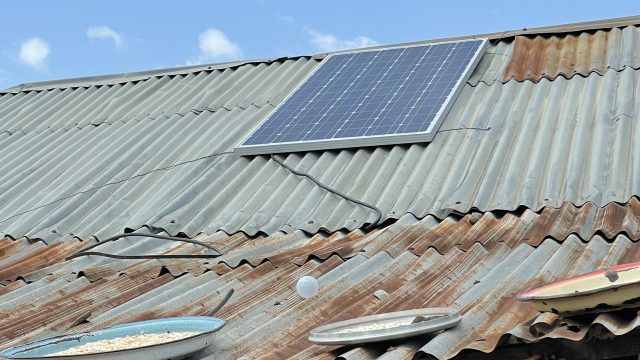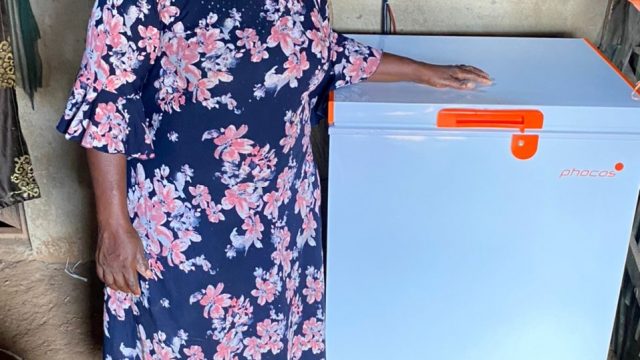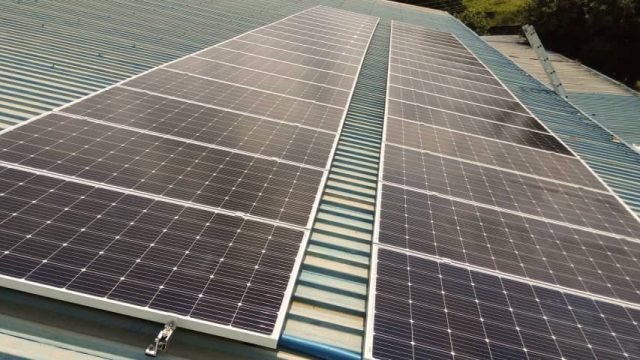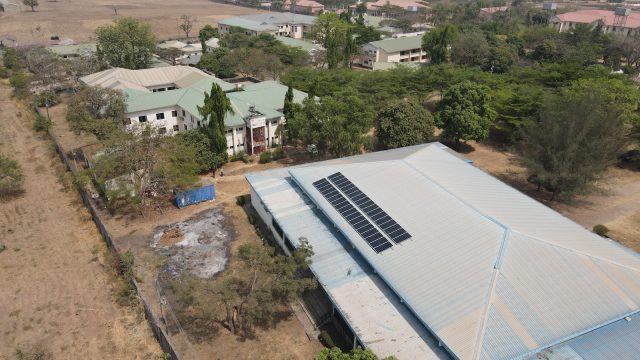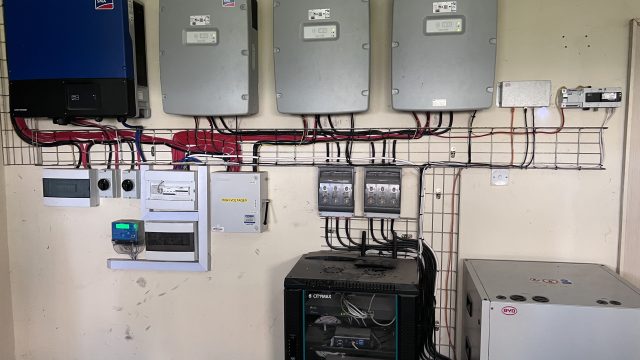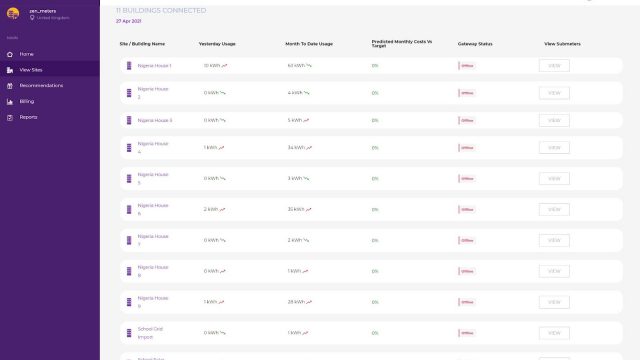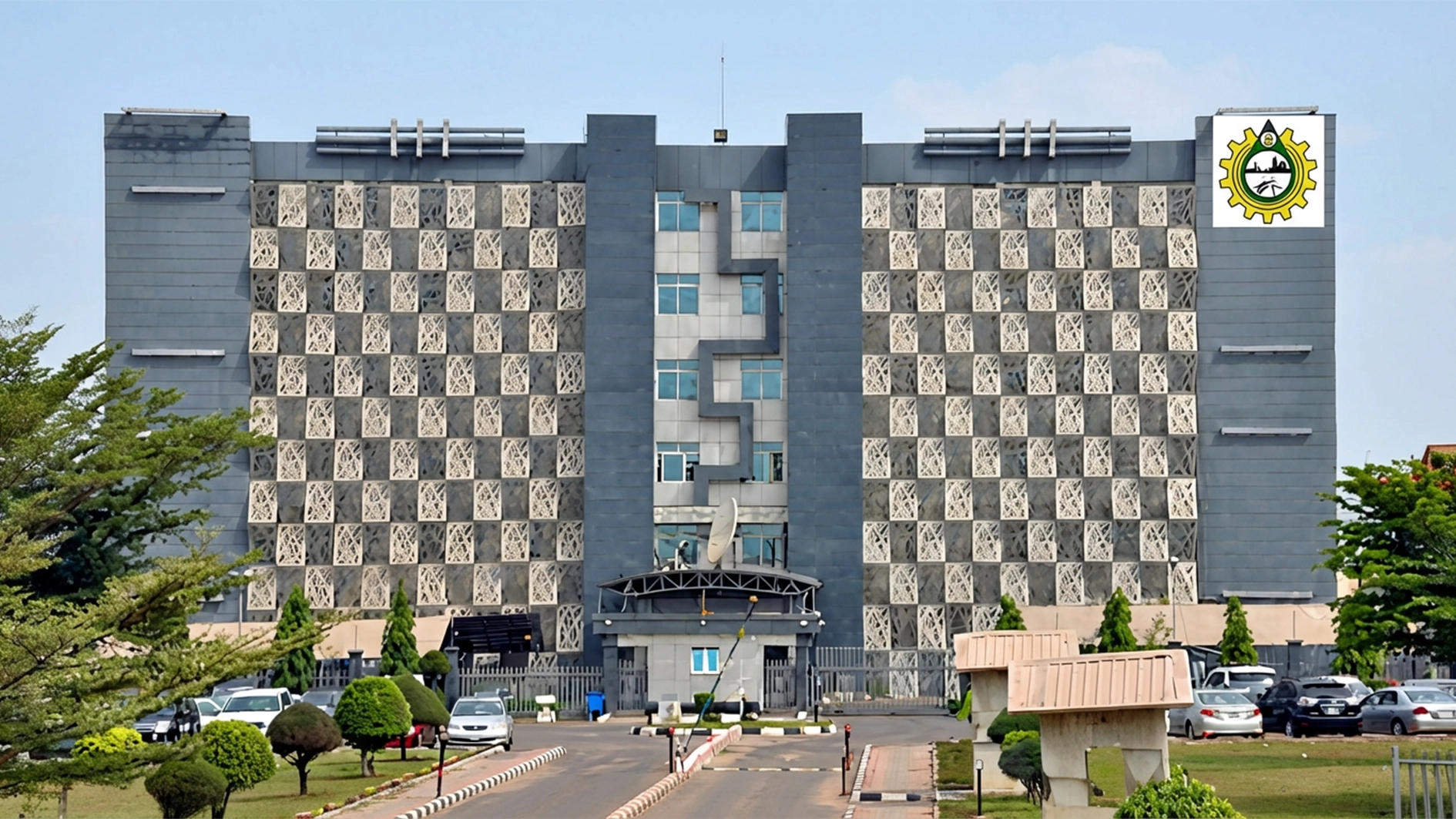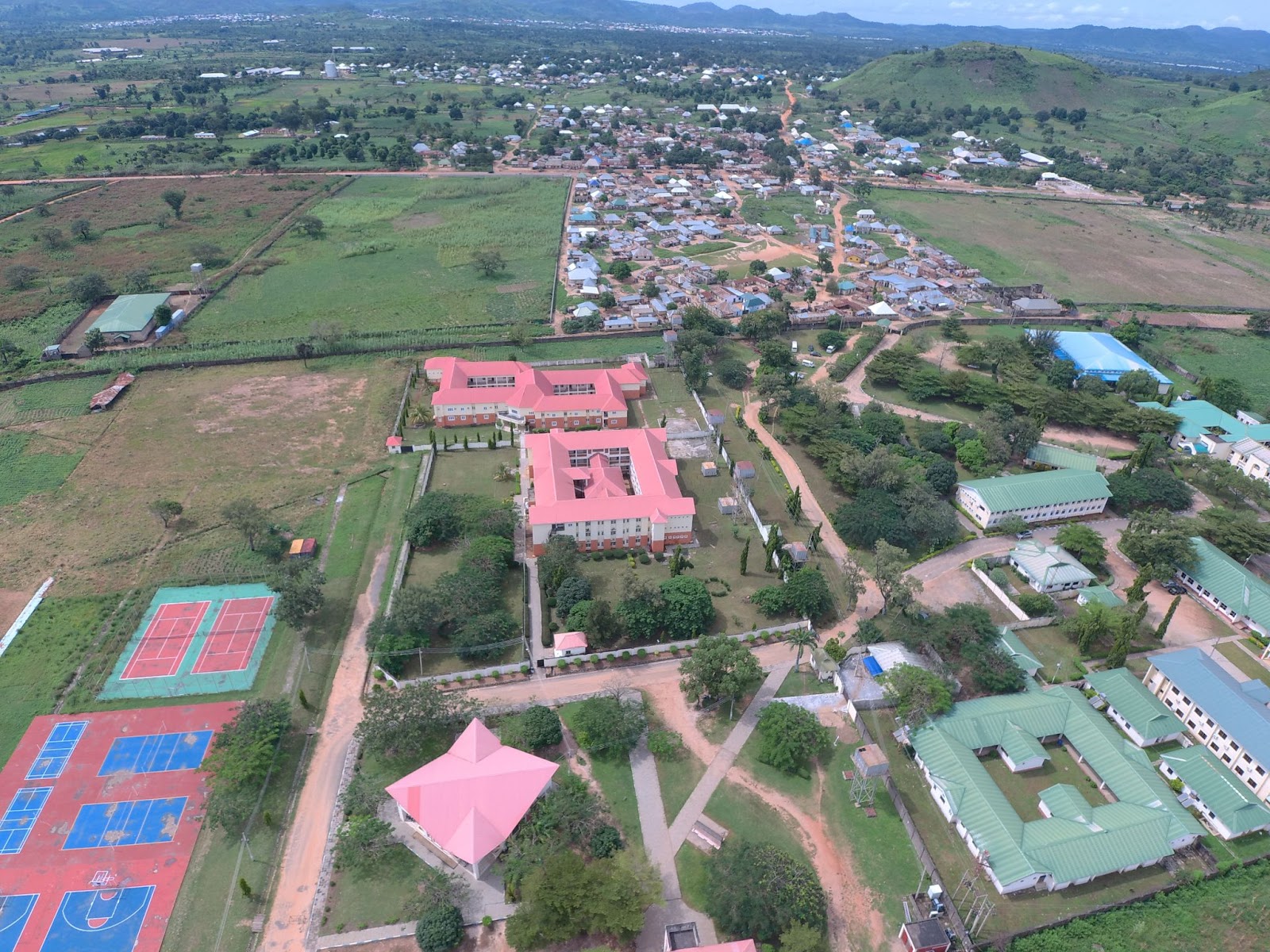 A Manchester-based energy solutions company has provided the Dafara community based in Abuja with access to 24/7 clean, cheap, reliable electricity through the successful deployment of their ‘Local Energy Trading platform’.
A Manchester-based energy solutions company has provided the Dafara community based in Abuja with access to 24/7 clean, cheap, reliable electricity through the successful deployment of their ‘Local Energy Trading platform’.
Currently, in Nigeria, nearly 80 million people – some 40% of the population – have no access to grid power whatsoever. One of the communities suffering from energy poverty is the Dafara community in Abuja, where only a few locals have less than one full day of access to the energy grid each. The only other available energy source is from diesel generators that cause noise and air pollution and also require frequent costly maintenance work. The rising price of diesel is also making it harder to afford, leaving communities like Dafara desperate for a more sustainable and cost effective alternative.
To try and solve this problem, Q Energy, a Manchester-based energy solutions company that specialises in carbon reduction and energy monitoring technology, teamed up with a Nigerian renewable energy company, VAYA Energy, and Manchester Metropolitan University to lead and demonstrate a clean energy community project known as ‘NICE’ (Nigerian Intelligent Clean Energy Marketplace). This UK Government funded project aimed to deliver reliable, greener, cheaper energy to the Dafara community by strengthening the existing infrastructure and integrating it with the local energy trading platform created by Q Energy.
A recent trial was carried out which saw the large-scale deployment of solar panels (17.5 kWp), a battery storage unit (20 kW/31.2 kWh), and smart meters at the Capital Science Academy School located in the Kuje region in the Abuja district. A variety of smaller batteries and solar panels were also installed in 10 houses in the nearby Dafara Community. Each site had a smart meter installed in order to remotely monitor the energy usage to ensure the cost of energy was billed accurately. The Capital Science Academy and the 10 houses were then all connected together, creating a local energy network. Electricity generated through the solar panels was then used to power the school.
As there’s currently no option in Nigeria to sell excess electricity back to the grid, any excess was stored in the schools newly installed battery. Using the ‘NICE’ local energy trading platform, operated by on-ground support, VAYA Energy, electricity was traded automatically throughout the connected sites based on the energy demand to balance the system. These transactions could be monitored by the school who also had access to the platform. For example, if one of the connected houses required electricity, instead of using a diesel generator or accessing it from the grid, they would receive some of the excess energy stored in the battery at the School, and vice versa.
This distribution of electricity would have a cost for whoever was receiving it, however, it’s cheaper, cleaner, more reliable, and readily available than any other energy source. The trading of energy between the connected sites also acts as a source of income for the Capital Science Academy and also the community members that have renewable assets installed at their house. Thereby, creating a localised energy marketplace that gives back to the community.
Commenting on the work carried out, the Project Manager from Q Energy, Mr Jevin Mathew, said; “When we saw the difficulties faced by the Nigerian communities based on a limited and unreliable power supply, we concluded that it was critical for us to take action by providing our NICE platform with a mix of solar and battery assets to both prosumers and consumers in Nigeria, allowing them to enjoy the endless possibilities that come with a constant power supply”.


